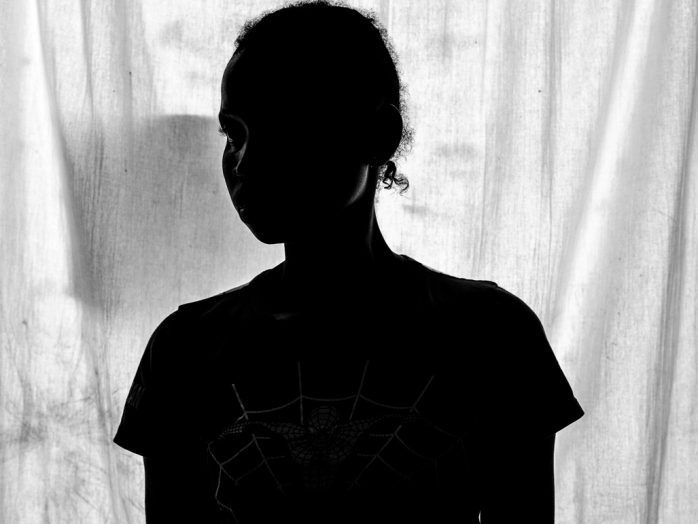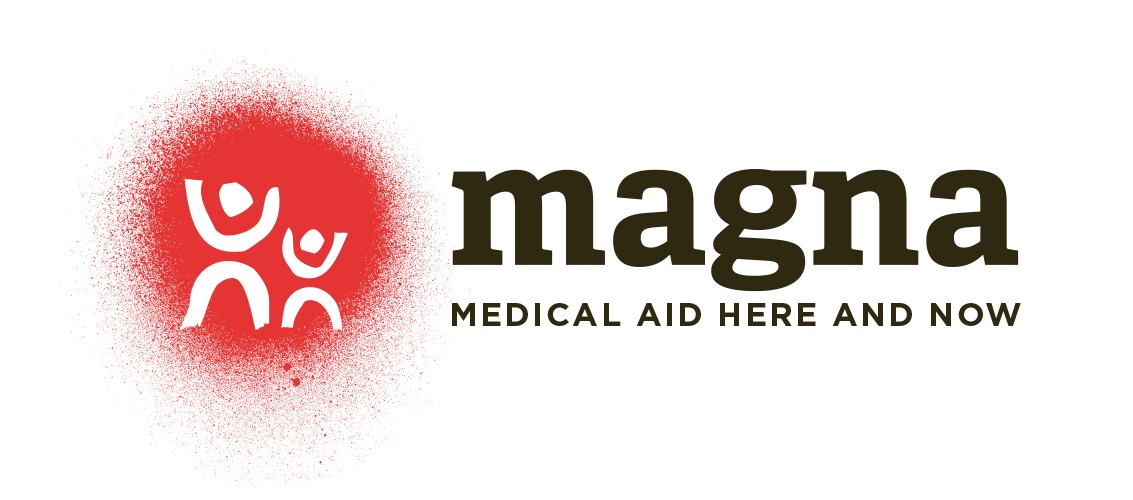DR Congo
Women and children in the Democratic Republic of Congo are nowhere safe from violence
Every week, hundreds of survivors of sexual violence seek care at MAGNA-supported health centers in the Kikongo and Bagata areas northeast of the Democratic Republic of Congo (DRC) capital, Kinshasa.
The Democratic Republic of Congo is rightly called the “rape capital of the world.” While the country is locked in conflict, rape as a weapon is common and relentless. Sexual violence against women is brutal and devastating, not only physically but also socially and psychologically.
They are attacked anywhere: at home, alone, or while going to the outskirts of town to get water.
Mobondo in Mai Ndombe
The areas northeast of the capital of the Democratic Republic of the Congo, Kinshasa, have historically been underdeveloped and poor. The original inhabitants of the area were predominantly Teke ethnic groups. Over time, migrants from ethnic groups in neighboring provinces, such as the Kwilu and Kwango, began to move into the traditional Teke territories, seeking land to establish farms. The migrants, mostly Yaka, were allowed to settle on the condition that they pay traditional taxes to the Teke chiefs.
Tensions have been rising over the years. Finally, in 2022, the Teke chiefs announced that they would increase traditional taxes, angering many local farmers who refused to pay. The chiefs responded by attempting to use force to collect the taxes. Meanwhile, a fake letter from the Chief of Staff of the Congolese Ministry of the Interior began circulating, claiming that traditional taxes had been completely abolished, further increasing tensions.
Violence broke out on 9 June 2022 in the village of Masia-Mbe in Mai Ndombe, where Yaka and Mbala farmers had gathered to protest against tax increases. The crowd marched to the house of the local chief and began throwing stones; the chief’s brother responded by firing a hunting rifle, killing a Yaka farmer. In retaliation, Yaka farmers returned in large numbers the next day, stormed Masia Mbe, burned the chief’s house and looted the village. From that moment on, the conflict over land and taxes became increasingly violent, and Kwamouth became the epicentre of the fighting.
In late June, the Yaka organised armed groups, which they collectively called Mobondo after their protective amulets. The new militia was armed mainly with machetes, bows, spears and a smaller number of weapons, including several military assault rifles. The Mobondo began attacking Teke communities, killing civilians and looting property. Some Teke also organized armed groups and carried out attacks on Yaka communities, but they were outnumbered and soon defeated by the Mobondo. As the militia’s operations intensified and the Teke fled their attacks, the armed group increasingly moved away from its original motive of resisting taxes and moved towards the complete conquest of Teke territories. Over the following months, Mobondo overran 43 Teke villages.

Targeted support
Post-exposure prophylaxis (PEP) is a form of HIV prevention and is provided to rape victims within 72 hours of the incident. Victims are also provided with immediate contraception to ensure it is as effective as possible. Antibiotics are used to prevent sexually transmitted infections such as syphilis and gonorrhea, followed by vaccinations against tetanus and hepatitis B. Treatment of physical injuries and psychological support are also part of the care package that MAGNA teams, with the support of the Humanitarian Aid Fund, are providing at 6 clinics in the Bagata and Kikongo regions.

Mawete
My name is Mawete and I am 17 years old. I come from the village of Fumuzale, but I was displaced to Mongata due to the conflict. After the Mobondo rebels attacked the village, I was taken to the forest, where I stayed with them for over a month, serving as their “wife.” I was threatened with being killed if I tried to escape. One day, the rebels clashed and I took the risk of escaping. I walked alone through the bush for seven days and arrived in Bagata in a critical condition, but I received medical attention at the hospital.
Sexual violence is not limited to the Bagata and Kikongo regions. Thousands of women, girls and children across the country are victims and seek treatment.
